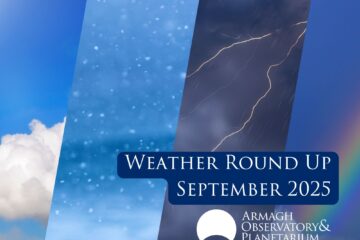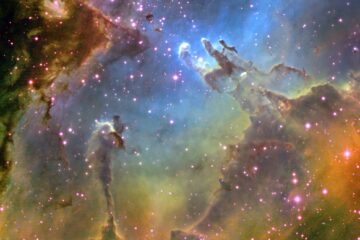The long standing satellite king of The Solar System, Jupiter, has been dethroned – Saturn now has 82 moons to Jupiter’s 79!
The new moons were discovered by astronomers at The Carnegie Institution for Science using the Subaru telescope on top of Mauna Kea in Hawaii.
According to the team leader, Scott Sheppard, there may be up to 100 more tiny moons yet to be found within Saturn’s orbit but stronger instruments will be needed to confirm their existence.

17 of the new moons discovered orbit in retrograde, meaning they travel the opposite way around Saturn. All of the 20 new moons are far away from the planet, taking up to 3 years for a single orbit.
Saturn’s new moons are important as understanding them helps us understand our own Solar System. “These moons are the remnants of the objects that helped form the planets, so by studying them, we are learning about what the planets formed from,” Team Leader Sheppard wrote.
A naming contest is already underway for Saturn’s new celestial companions.
However, Saturn shouldn’t get too comfortable with its new crown as naysayers are already weighing in across the scientific community. Many astronomers are quick to point out the size of the moons (many 3 miles across or under) meaning they are indeed small.
You could say calling these new objects “moons” is generous. While they are indeed natural satellites of Saturn, so are technically moons, in reality they are just captured asteroids. And not very big ones at that!
Tom Watts, Research Assistant, Armagh Observatory
Many are also quick to point out that Jupiter still has the largest moon in the Solar System, Ganymede. In fact, Sky News were quick to thwart the metaphorical victory lap of Saturn by pointing this fact out in the bi-line of their piece on the new moons. There are certainly strong opinions about this discovery!

Whether you consider the new moons true moons or not, this is an exciting discovery for our ringed friend in our Solar System. We wish Scott Sheppard and the whole team at The Carnegie Institution for Science the best for locating the next hidden moons Saturn has! Our Solar System still has secrets 4.571 billion years after its creation.



0 Comments